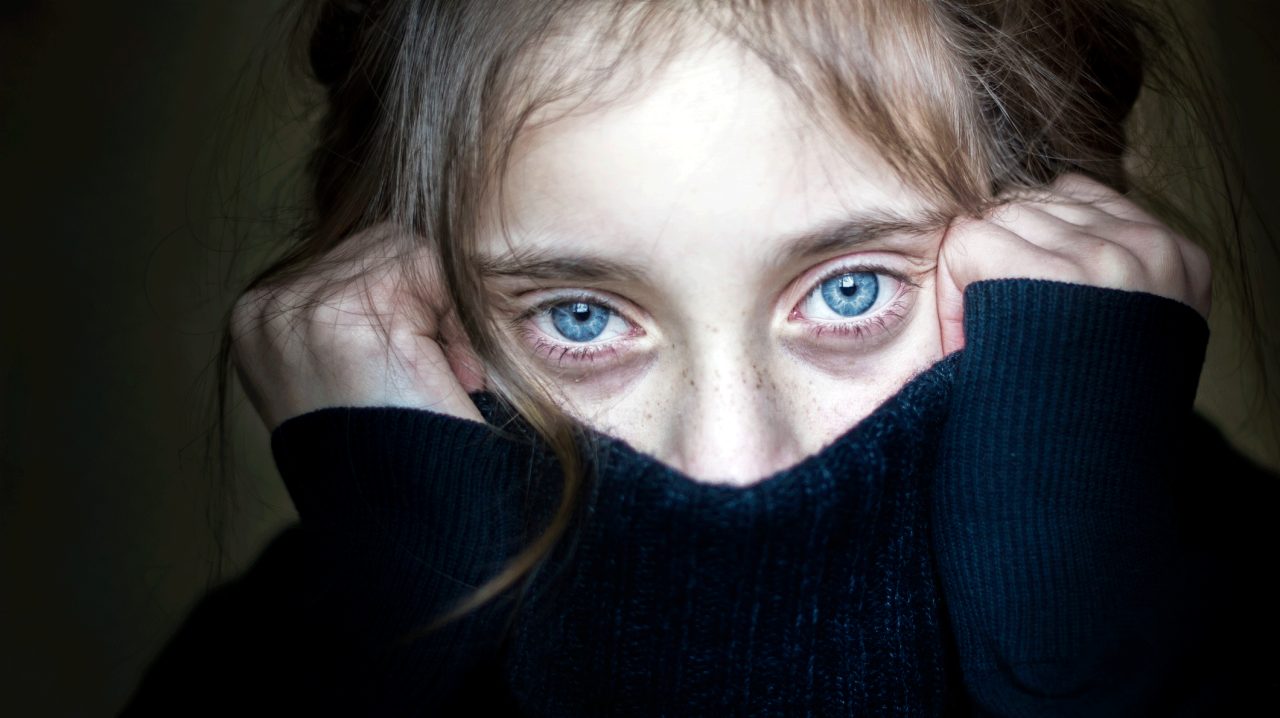Childhood Trauma May Affect Your Brain as an Adult

Encountering stress when you are young — like seeing a parent die violently — may affect how your brain develops as you age. Here's what you should know.
Researchers have found signs of damage from childhood stress or trauma in the brains of adults with depression.
Although scientists knew that childhood experiences are linked to depression in adults, along with other mental health conditions, they had not previously seen the signs on brain scans.
The theory is that childhood trauma interferes with the development of the brain, leaving weaknesses. When an affected child experiences stress as an adult, those tiny defects make some people less able to cope and can trigger depression, according to researchers at the University of Alberta in Canada.
YOU MIGHT ALSO LIKE: Depression and Suicide Is Rising Among Teens and Young Adults
Does trauma change your brain?
Improvements in brain scan technology make it possible to see more clearly into the human brain, focusing on smaller sub-structures within big ones. In the past, scientists could look closely at only the sub-structures in animals.
The researchers matched 35 adults with major depression to people of the same age, sex, and education who didn’t have the illness. The team conducted magnetic resonance imaging (or MRI) brain scans on all the volunteers: two sets of 12 men and 23 premenopausal women. The volunteers also took a standard childhood trauma questionnaire.
The defects showed up in the amygdala and hippocampus, two brain areas involved in emotion and memory that grow and change in childhood and adolescence, which suggests that they could be vulnerable to traumatic events.
It turned out that, in the volunteers who had depression and reported childhood trauma, the anterior hippocampus (part of the hippocampus that plays a role in making decisions during conflicts) and right amygdala (linked to fear and sadness) were smaller. There also seemed to be changes in an area called the basolateral amygdala, which is involved in responding to danger (the involuntary fight or flight response).
What is childhood trauma?
It’s important to realize that childhood trauma is common. By the age of 16, more than two thirds of children experience at least one traumatic event, which might be:
- Psychological, physical, or sexual abuse
- Violence at home, in school, or in the community
- National disasters
- Sex-trafficking
- Sudden or violent loss of a loved one
- Assault
- Refugee or war experiences
- Serious accidents
- Life-threatening illness
“Children may feel terror, helplessness, or fear, as well as physiological reactions such as heart pounding, vomiting, or loss of bowel or bladder control. Children who experience an inability to protect themselves, or who lacked protection from others to avoid the consequences of the traumatic experience, may also feel overwhelmed by the intensity of physical and emotional responses,” the National Child Traumatic Stress Network explains.
Having inadequate resources to process conflict, fear, and sadness could lead to depression. Besides depression, child trauma survivors are more likely to have health problems like diabetes and heart disease and to die at an earlier age.
What the future may hold
Right now, the diagnosis of major depression covers patients with very different symptoms — and possibly distinct illnesses. Brain scans are already helping researchers determine more specific categories, or subtypes, of depression.
People who experience childhood trauma may turn out to be best suited for certain medication. They’re among a big group of depressed patients. In one study, 62.5 percent of people with major depression reported more than two traumatic events compared with 28.4 percent of the controls. Patients who had experienced abuse between ages 4 and 7 years had the worst response to treatment with sertraline (Zoloft).
Psychiatrists now rely on intuition and trial and error to match treatments to patients. Information from brain scans could quicken and fine-tune the process.
In theory, the research could lead to a day when you might be told that you get impulsive when you’re anxious because childhood trauma slowed the growth of your basolateral amygdala, and that a specific drug can help it function better.
The information about brain changes could also help with basic drug research. Psychedelic drugs, for example, trigger nerve regrowth in specific areas — suggesting how, in small doses, they may help people with depression.
Updated:
July 14, 2023
Reviewed By:
Janet O’Dell, RN